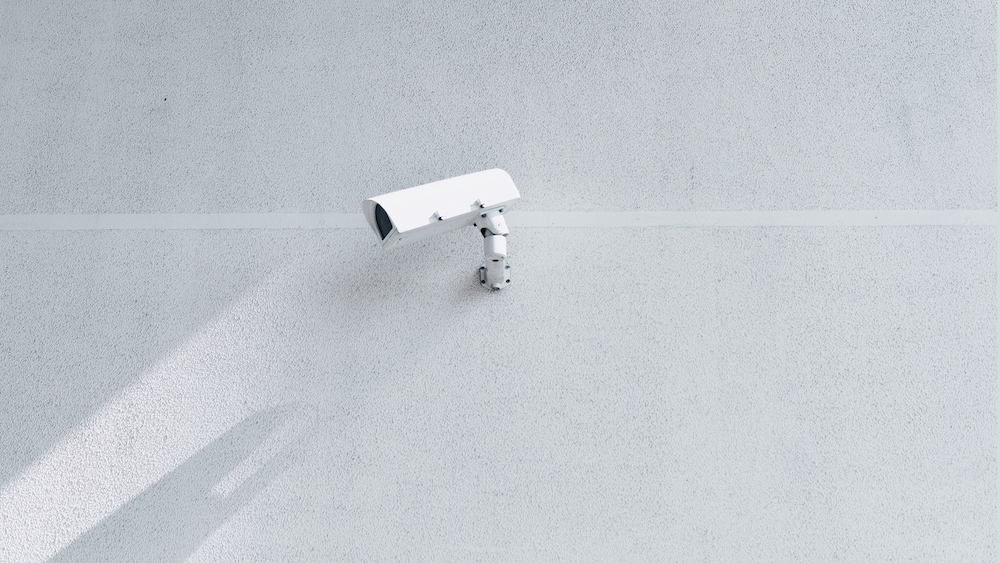
12 Sep 2023
Much has been discussed recently about the growth of technology to manage the shift towards “unmanned” facilities or “contactless self-storage”. Certainly, operators are heavily invested in offering their customers a safe and secure experience while using their facility, whether any site employees are present or not. To offset the absence of “live” managers at the site, operators are adding enhanced security systems for access, additional lighting, and more cameras.
Recently, specialized vendors in the industry, such as Storage Defender, are also adding individualized motion detectors in facility units to increase tenant connectivity with their spaces. These “Smart Units" are meant to reduce potential thefts and increase tenant “Peace of Mind”.
Essentially, these days while a tenant is located at a self-storage facility, it is possible for the tenant to be tracked by a drone, watched by a camera and monitored by movement while in their rented unit.
None of this should be surprising to anyone, based on the expectation and acceptance of surveillance in our everyday lives, whether it be while we’re driving, while we’re shopping, ringing a doorbell and, for some, even while we are inside our own homes. Those choices we make to protect ourselves, our loved ones and our own properties are significant decisions that we make every day. In fact, the absence of these services may now be challenged as a “failure of oversight or concern”. If a crime or incident occurs it is more likely that the affected business will be asked “why didn’t you have a camera?” as compared to “did you have a camera?”
Then the question needs to be, is there any privacy left?
This is not a new question but is one that should help clarify for both self-storage landlords and their tenants that there should NOT be any expectation of privacy while using a rented self-storage unit. Both the rental agreements that tenants sign and/or the signage at the facility should remind those using the property that they are being either watched or recorded. Specifically, those tenants that choose to enhance their protections through individualized motion detectors or even digital locking systems need to understand that they are specifically consenting to the use of those systems to enhance their control over their rented unit. The agreements that are prepared when a tenant elects these systems must further explain that the data being created is also being pushed to the facility or at least to the monitoring company connected to the applicable system. Their actions are subject to review.
The recognition that tenants can be tracked on the premises follows from the exceptions to the Fourth Amendment and rights relating to search and seizure. Obviously, anything that is subject to “plain view” is not a violation of a person’s protected rights. Here, either the tenant’s direct knowledge that they are being recorded or the tenant’s direct acquiescence by contract when they elect enhanced monitoring both acknowledge their willingness to waive their right to privacy. As we are now learning, sometimes accepting a lack of privacy can actually create a greater sense of peace of mind.
This article was originally published in Self Storage Legal Monthly Minute by Scott Zucker, July 2023
Scott Zucker is a founding partner in the Atlanta law firm of Weissmann Zucker Euster Morochnik & Garber P.C. and has been practicing law since 1987. Scott represents self-storage owners and managers throughout the country on legal matters including property development, facility construction, lease preparation, employment policies and tenant claims defense. He also provides, on a consulting basis, advice to self-storage companies in the areas of foreclosure and lien sales, premises liability and loss control safeguards. Scott can be reached at 404-364-4626 or by e-mail at Scott@wzlegal.com